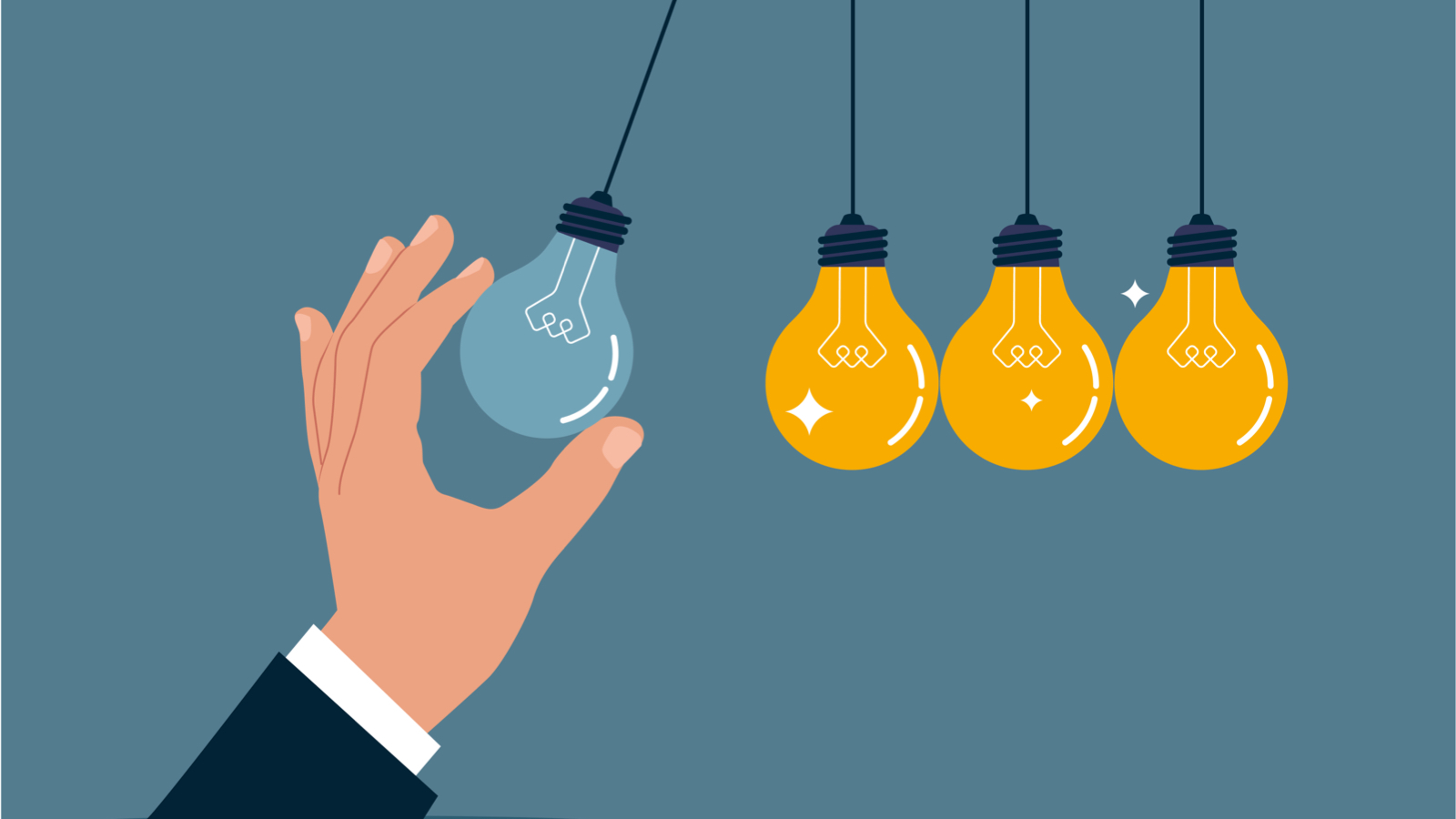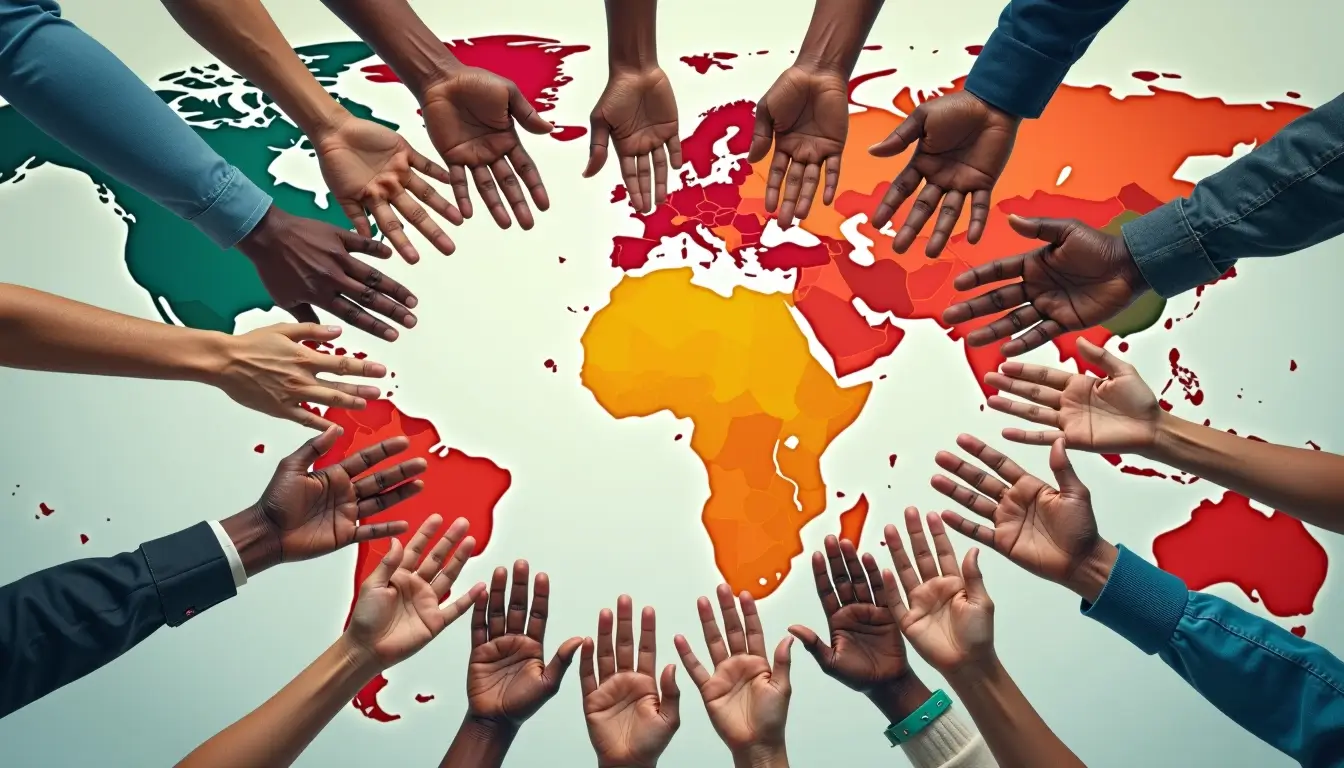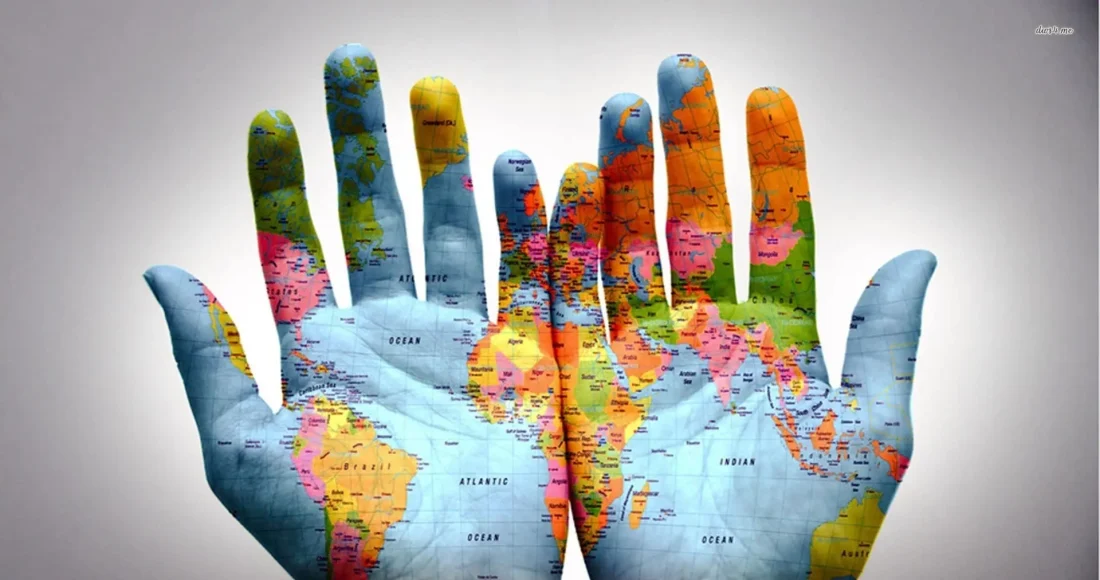In every era, societies are shaped by a combination of tradition, innovation, and circumstance. Today, the 21st century presents us with an unprecedented landscape of interconnectedness, diversity, and disruption. From digital transformation and climate change to shifting demographics and cultural redefinitions, our social structures are evolving rapidly. Understanding these dynamics is critical if we are to navigate the challenges and seize the opportunities that define modern life.
The Role of Technology in Social Transformation
Technology has always played a pivotal role in shaping societies. The printing press enabled mass literacy, industrial machinery transformed labor, and the internet has redefined communication. In the modern era, digital technology has gone beyond convenience—it has become the backbone of society.
Smartphones, social media, and instant messaging have blurred geographical boundaries, allowing people from distant parts of the globe to communicate as though they lived next door. This interconnectedness has created new forms of solidarity but also new challenges. Online communities, for example, provide support networks for marginalized groups, yet they also fuel misinformation, polarization, and a sense of disconnection from physical communities.
The rise of artificial intelligence and automation is transforming how we work, learn, and interact. While AI promises efficiency and innovation, it also threatens traditional jobs and creates ethical dilemmas about privacy, bias, and accountability. Societies are now tasked with balancing innovation with responsibility—ensuring that technology serves humanity rather than undermines it.
Shifting Demographics and Aging Populations
Demographic changes are another defining feature of today’s societies. Many developed countries are experiencing aging populations, with longer life expectancies and lower birth rates. This trend puts pressure on healthcare systems, pensions, and labor markets. At the same time, it opens opportunities for new industries focused on elderly care, health technology, and lifelong learning.
On the other hand, developing regions often have youthful populations eager to enter the workforce. This demographic dividend can fuel growth and innovation if harnessed properly. However, without adequate investment in education, training, and employment opportunities, youthful populations can also face frustration, unemployment, and instability.
Migration adds another layer of complexity. People move for economic opportunity, safety, or climate-related reasons, creating multicultural societies. While diversity enriches communities with new ideas, traditions, and cuisines, it can also provoke debates around integration, identity, and social cohesion.

The Evolving Concept of Community
In traditional societies, communities were largely defined by geography and kinship. Villages, towns, and neighborhoods provided both a sense of belonging and a safety net. In the modern era, however, community is increasingly shaped by shared interests and digital spaces.
Online platforms allow individuals to form connections across borders, creating virtual communities around hobbies, professions, or political causes. These spaces can empower people by providing them with a voice and a platform. At the same time, they risk isolating individuals from their local environments, reducing face-to-face interaction and weakening traditional community bonds.
The challenge for society is to reconcile these two realities: preserving the tangible connections of local life while embracing the benefits of global, digital communities. Initiatives that combine digital tools with real-world engagement—such as hybrid workplaces, online education with in-person components, or digital town halls—may offer a way forward.
Inequality and Social Justice
No discussion of society today is complete without addressing inequality. Wealth gaps, access to education, healthcare disparities, and systemic discrimination continue to divide people across the globe. The pandemic further exposed these inequalities, as vulnerable populations suffered disproportionately from economic shutdowns and limited healthcare resources.
Social justice movements, from climate activism to racial equality campaigns, highlight the growing awareness of these divides. Younger generations, in particular, are more vocal in demanding fairness, accountability, and inclusivity. Their activism has pushed institutions—governments, businesses, and universities—to reevaluate policies and adopt more socially responsible practices.
However, progress remains uneven. Structural inequalities cannot be undone overnight, and societies must balance the urgency of reform with the practicalities of implementation. Education, equitable access to resources, and inclusive policymaking are essential tools for creating a fairer social order.
The Climate Crisis and Social Responsibility
Environmental challenges are no longer distant concerns—they are reshaping society in real time. Rising sea levels, extreme weather, and resource scarcity are forcing communities to adapt quickly. Beyond environmental damage, the climate crisis also raises social questions: Who bears the cost of adaptation? How do we ensure climate policies are fair across regions and social groups?
The shift toward sustainability is not only a matter of survival but also an opportunity to redefine societal values. Sustainable cities, renewable energy, and green economies demonstrate how innovation can align with responsibility. Yet, the transition requires cooperation across all sectors of society—from governments to businesses to individuals.
The collective response to climate change will shape not only our ecosystems but also our social systems, influencing migration patterns, job markets, and even cultural identities.
Education and the Future of Social Mobility
Education has long been seen as the great equalizer in society, a pathway to opportunity and progress. In today’s knowledge-driven economy, its importance has only grown. Yet, education itself is undergoing transformation.
The rise of digital learning platforms and remote classrooms has democratized access, allowing people from remote areas to access high-quality resources. However, the digital divide remains a significant barrier. Without equal access to technology and connectivity, some groups risk being left behind.
Moreover, the skills demanded by modern economies are evolving. Critical thinking, adaptability, and digital literacy are now as important as traditional academic knowledge. Lifelong learning—continuous education throughout one’s career—is becoming a necessity, not a luxury. Societies that invest in flexible, accessible, and inclusive education systems will be better equipped to thrive in the future.
The Importance of Mental Health and Well-being
Modern societies are increasingly acknowledging the importance of mental health. The pressures of fast-paced lifestyles, economic uncertainty, and digital overload contribute to rising levels of stress, anxiety, and depression.
Breaking the stigma around mental health is a crucial societal task. More workplaces now offer wellness programs, schools incorporate emotional learning, and governments launch awareness campaigns. Yet, mental health resources remain inadequate in many regions, and cultural barriers still prevent people from seeking help.
By prioritizing well-being alongside productivity, societies can foster healthier, more resilient communities. The shift in perspective—from seeing health as purely physical to embracing holistic well-being—marks a profound social evolution.

Conclusion: Building a Resilient Society
The 21st century presents societies with extraordinary challenges, from technological disruption and climate change to inequality and shifting demographics. Yet, it also offers opportunities for reinvention, inclusion, and progress.
At its core, society is about people—their relationships, values, and aspirations. By fostering inclusivity, embracing innovation responsibly, and addressing inequality head-on, we can create a social fabric that is stronger and more adaptable. The future of society will not be determined solely by technology or economics, but by how communities choose to organize themselves, care for one another, and balance tradition with progress.
In navigating these transformations, one truth remains clear: societies thrive when they place human dignity, fairness, and resilience at the center of their evolution.




